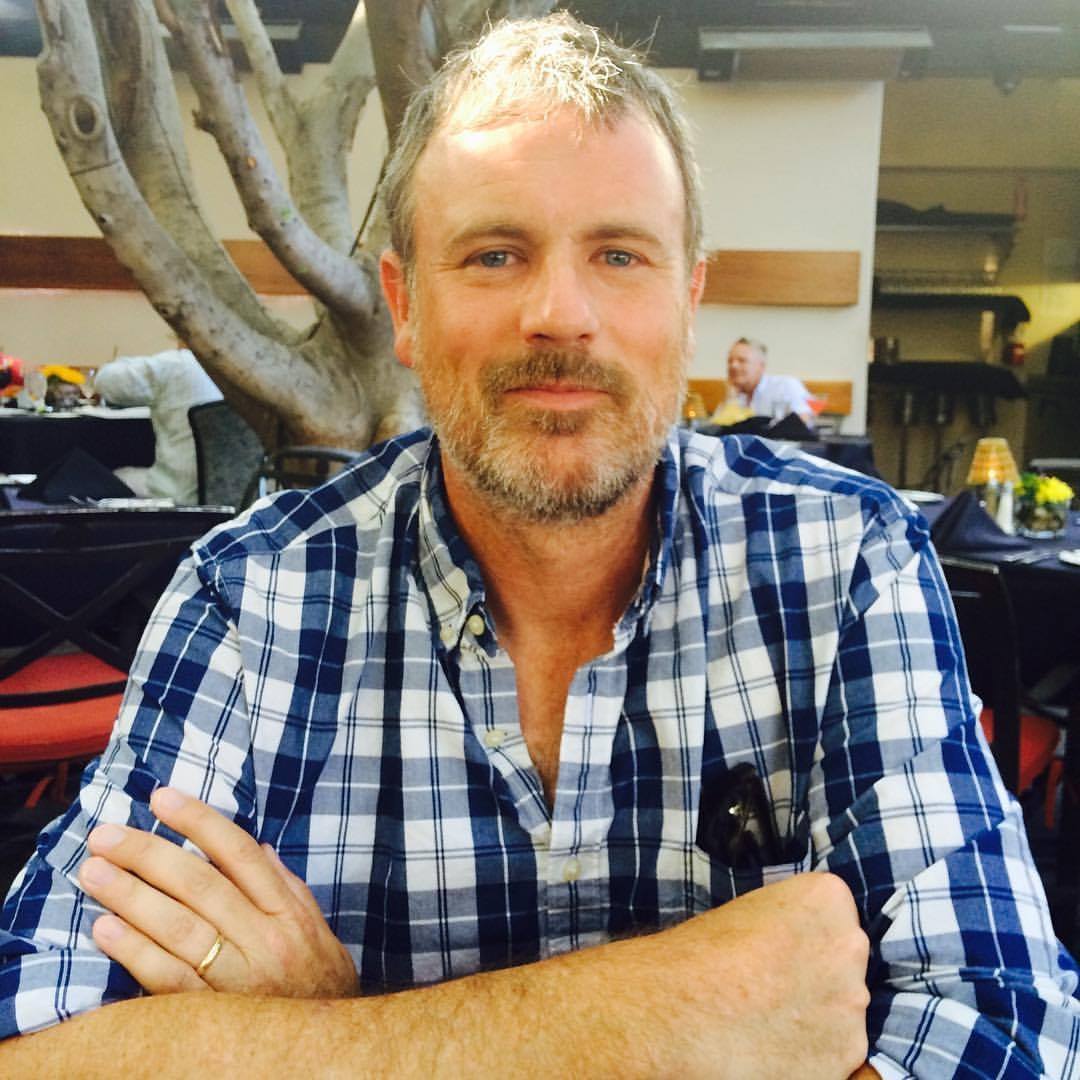Photo by Keith MaySince Sept. 11, there have been two kinds of Americans: those who think the U.S. is out of touch with the rest of the world, and those who think the rest of the world can take a hike.
Take Second Lady Lynne Cheney. In an Oct. 5 speech to the Dallas Institute of Humanities and Culture, Cheney worried that American students have spent too much time learning about other cultures. Responding to a New York Times article decrying Americans' ignorance of world cultures, Cheney said, “Let me suggest that if there is a failure here, it is lack of commitment to this nation's history.” She quickly won the applause of right-wing radio talk-show hosts and newspaper columnists.
But Fountain Valley activist Shabbir Mansuri took Cheney's remarks as something of a personal attack. For the past 11 years, Mansuri has waged what he calls a “bloodless” revolution: promoting an increased emphasis on world cultures and faiths—including Islam—inside American junior high and high school classrooms.
Mansuri is director of the Council on Islamic Education, a self-described “K-12 resource organization” with offices in a small classroom at Carden Hall Elementary School in Fountain Valley. Along with groups like the American Jewish Congress and the Christian Legal Society, Mansuri's organization works with education officials and scholastic publishers to produce chapters on Islam and other religions for social studies textbooks that are used in classrooms around the United States.
“What particularly bothered me was that Cheney said, in effect, that we don't need to know anything about the Muslim world,” said Mansuri. “The U.S., like any other nation, is part of the global community. We need to know about each other.” Mansuri pointed out that there are 7 million Muslims in America, including 4 million immigrants from more than 100 nations. Mansuri came to the U.S. from India 32 years ago and has raised three daughters in Orange County.
Mansuri says he founded the Council on Islamic Education after one of his children came home from school complaining that the family wasn't praying properly. “She showed me her textbook,” he explained, laughing. “It said, 'The Bedouin pray five times a day. They fall on their knees, rub their faces with sand, and touch their foreheads to the earth. Then they say the prayer.' My daughter was jokingly saying, 'Daddy, we have to bring sand into the house. We're not praying properly.'”
Mansuri still has a copy of the textbook, the 1989 edition of Our World: Lands & Cultures. He pointed to an illustration in the section on the Middle East. It depicts a camel; above the camel, there's the phrase “A Moment in Time.” Other Moments in Time depict other cultures—all featuring humans, not animals, including a French woman, a Japanese samurai and a European knight.
He also owns a copy of the textbook now used in California and other U.S. classrooms: Across the Centuries, the 21st Century Edition. Mansuri helped edit the book, so the Muslim world is now represented in American schools by an Abassid scholar instead of a camel.
Despite Cheney's objection to his life's work, Mansuri says that since the Sept. 11 attacks, his organization has received an increasing number of requests from Southern California school administrators looking for lecturers who can teach students about Islam. “Unfortunately, that has happened because of the awful thing we have faced in New York and Washington, D.C.,” he said. “We have just one volunteer to provide that service. We don't promote it because we'd be swamped.”

Award-winning investigative journalist Nick Schou is Editor of OC Weekly. He is the author of Kill the Messenger: How the CIA’s Crack Cocaine Controversy Destroyed Journalist Gary Webb (Nation Books 2006), which provided the basis for the 2014 Focus Features release starring Jeremy Renner and the L.A. Times-bestseller Orange Sunshine: The Brotherhood of Eternal Love’s Quest to bring Peace, Love and Acid to the World, (Thomas Dunne 2009). He is also the author of The Weed Runners (2013) and Spooked: How the CIA Manipulates the Media and Hoodwinks Hollywood (2016).

